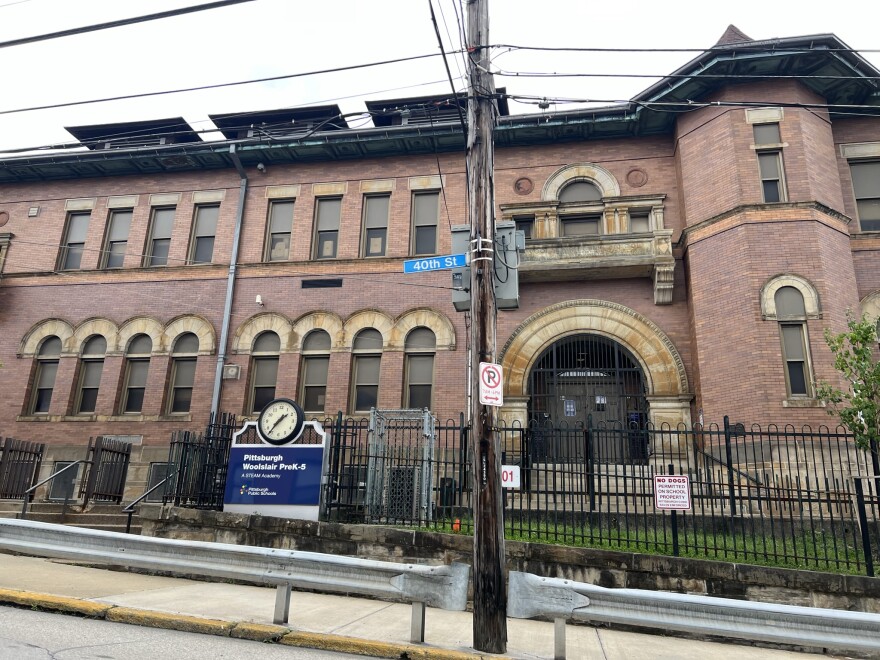Amidst Pittsburgh Public Schools’ final state-mandated closure hearings, a pivotal question emerged from rising fifth-grader David Haden: how would new buildings genuinely benefit students already grappling with educational setbacks? His poignant declaration, “What I need is real support,” resonated deeply, encapsulating the pervasive sentiment voiced by many families across the district.
This call for authentic support echoed through each of the nine community hearings held over the past two weeks, culminating a nearly two-year process aimed at consolidating the school district’s footprint. The underlying message from parents, students, and community members was clear: physical structures alone cannot mend a system perceived to have failed students for years.
Despite the critical nature of these proceedings, attendance at many hearings was notably low, with fewer than ten stakeholders engaging in discussions for most of the proposed closures. Some families reported missing their designated timeslots, attributing the oversight to confusion regarding the hearing locations, which were held at the district’s administrative building instead of the more familiar local schools used for previous town halls.
School board president Gene Walker acknowledged the immense challenge of reaching every affected individual, suggesting that significant public engagement often materializes only as changes become imminent. However, this perspective did not assuage critics, including some board members, who sharply questioned the decision to schedule such crucial hearings during the summer months, a period when many families are away or less attentive to school-related matters.
While certain aspects of the district’s consolidation plan, such as reconfiguring grade structures into traditional elementary, middle, and high school models, garnered some support, widespread concerns persisted. Parents voiced anxieties about the current quality of school facilities, a notable lack of detailed information regarding future transportation changes, and the contentious move to dismantle most of the district’s magnet programs.
A significant point of contention revolved around the four proposed closures that house specialized magnet programs, offering students focused instruction in areas like STEM and foreign languages. These schools, including Schiller 6-8 and Fulton K-5, were highlighted not only for their unique curricula but also for boasting unusually stable and long-tenured principals and teachers—a rare and highly desired commodity within the district, making their potential disruption particularly unwelcome.
The broader implications of these potential changes are already evident, with some parents proactively withdrawing their children from schools on the closure list and re-enrolling them elsewhere. Others are contemplating leaving the city entirely or exploring private and charter school options, signaling a profound loss of enrollment for Pittsburgh Public Schools if these proposed changes proceed without adequately addressing core community concerns.
Under Pennsylvania law, the school board is mandated to delay finalization of any proposed closures for a minimum of three months post-hearings, meaning a vote cannot occur before October. In the interim, the district has launched an online feedback portal and plans to host a series of community conversations and resource fairs, ostensibly to gather additional input and answer parent questions closer to their homes.
Ultimately, the ongoing debate surrounding Pittsburgh Public Schools’ consolidation plan underscores a deeper yearning within the community for systemic improvements and robust student support, rather than mere structural adjustments. The coming months will be critical in determining the future trajectory of the district and its ability to retain the trust and enrollment of its families.






Leave a Reply